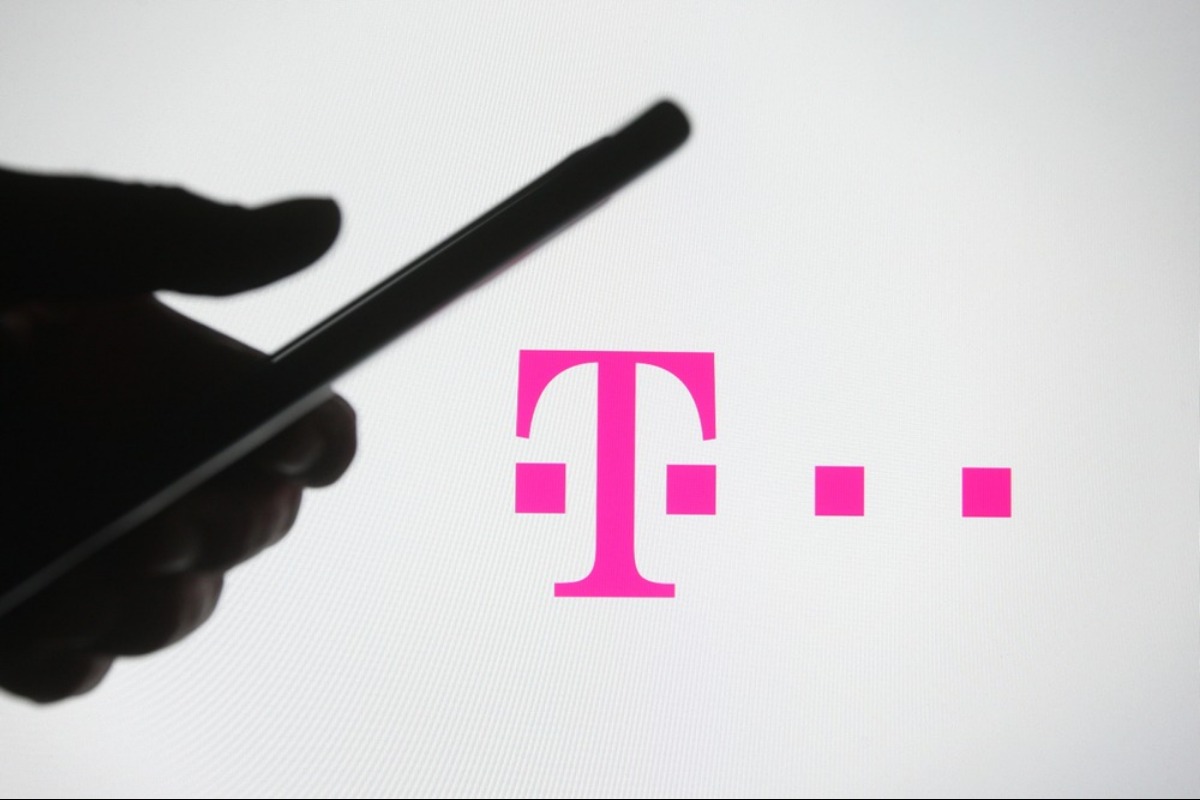Intelligence, community and recognition for pay and reward professionals.
T-Mobile to ‘separate’ unvaccinated US staff from business
Corporate employees in the US will be fired if they are not vaccinated by 2 April.

T-Mobile staff are set be “separated” from the company if they do not get fully jabbed against Covid-19 this year.
In an internal memo sent to staff, which Bloomberg News has obtained, it stated that corporate employees in the US will be fired if they are not vaccinated by 2 April.
The firm’s human resources chief stated that office workers who haven‘t received the first dose of a vaccine by 21 February will be placed on unpaid leave.
This policy will apply to all employees who need “regular or occasional” access to T-Mobile’s offices in the US, which the organisation said includes almost all staff.
Deeanne King, chief human resources officer at T-Mobile, explained: “Affected employees who do not become fully vaccinated and obtain a Magenta Pass by April 2 will be separated from T-Mobile.”
In King’s statement, she referenced an internal digital pass that requires the proof of vaccination.
While this new rule has been enforced, exemptions have been made for medical and religious reasons, the HR leader added.
An additional statement shared by T-Mobile confirmed the vaccination deadline, as it read: “T-Mobile’s badge-controlled offices continue to be accessible only to those who are vaccinated against Covid-19, and we have shared with employees that we are requiring office workers to be fully vaccinated by April 2.”
It pointed out that there will be limited exceptions for certain roles, locations and legally mandated accommodations and exemptions.
In contrast, the internal memo revealed that the rule would be slightly different when it comes to staff in customer service centres in order to “avoid impact to customer experience”.
Instead, those workers will have to show proof that they have received their first dose of the vaccine by 21 Feb, but they will not be placed on unpaid leave.
However, proof of full vaccination will still be necessary by 2 April, which is when the business intends to bring all of the workforce back to on-site or hybrid working environments.
King claimed: “While we hope every affected employee will be vaccinated and return to their workplace, we understand that for some, this means you must make a deeply personal decision.”
She enthused that “uniting around this plan” will help to move the business forward with more clarity and safety.
This rule from T-Mobile contrasts with coffeehouse chain Starbucks, who recently announced plans to end its Covid-19 vaccine mandate for employees in the US.
Vaccine mandates
While each of these instances have taken place in the US, it shines a light on how vaccine mandates can impact employees in the UK, if they are introduced.
David Sillitoe, partner at law firm Robinson Ralph, told Reward Strategy that employers who choose to go down this route could face claims of discrimination.
He said: “They run a risk of discriminating against e.g. disabled people or pregnant women. What could be more difficult to overcome is the indirectly racially discriminatory effect of imposing a vaccine mandate, given that people from ethnic minorities are statistically less likely to have been vaccinated.”
He added that if employers look to roll out such a rule, they should do so through open conversation to rule out any potential claims against the business.
To receive stories like this straight to your inbox, sign up to the Reward Strategy newsletter here.
